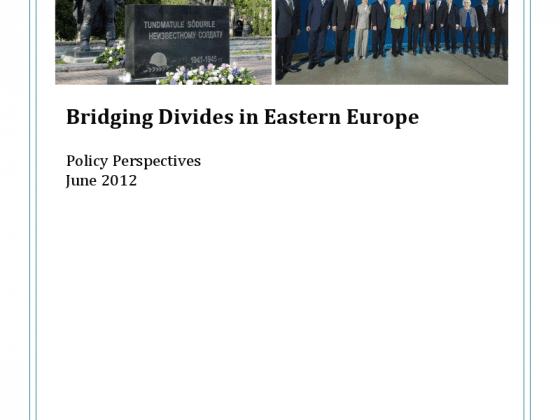Russia's current economic and military weakness should not make anyone complacent about the long-term potential for a resurgent Russian threat to international security. Now is the time for the United States to take the initiative in insuring that as Russia rebuilds its economic capacities it does not channel them into threatening military programs. One way to achieve this goal is by making sure that the United States does not take actions now that bolster the position of people in Russia who will support policies inimical to US interests once the country recovers its economic and military strength.
On a number of major policy issues, the US government has recently achieved seemingly valuable compromises–either with the Yeltsin administration or with elements of the US national security establishment. In the first category these compromises include Moscow's agreement to revise the 1972 Antiballistic Missile (ABM) Treaty to allow for development of Theater Missile Defenses (TMD) and Russia's apparent acquiescence in the enlargement of NATO. In the second category is the Stockpile Stewardship and Management Program, an effort by the Clinton administration to win endorsement from the US nuclear weapons laboratories of the Comprehensive Test Ban Treaty in return for generous federal support for nuclear weapons research and development. Viewed in the short-term perspective, these compromises look like political successes. In the long term, however, they pose the dangers of reigniting a nuclear arms race and hindering the Russian economy's attempt to overcome the Soviet legacy of militarization. […]









